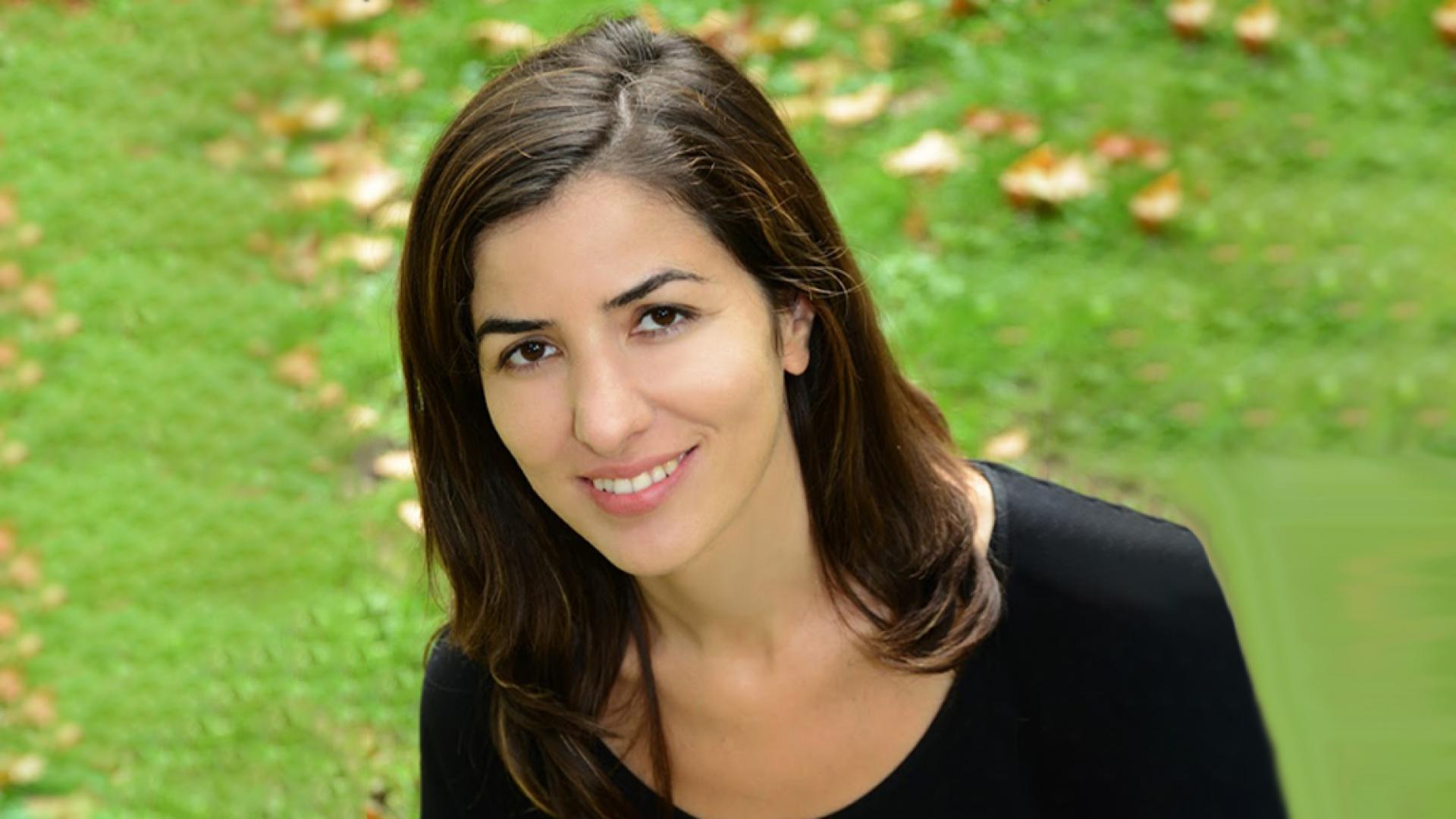By David Murphy
KAUST Assistant Professor of Statistics Paula Moraga recently received the Letten Prize 2023 for Young Researchers. Established in 2018, the Letten Prize is a collaboration between the Letten Foundation and the Young Academy of Norway.
The award recognizes young researchers' contributions to health, development, environment, and equality across all aspects of human life. In addition, the prize aims to raise public awareness of how research can address global human development challenges.
“To be recognized with this award is a great honor. It was Professor Letten F. Saugstad’s conviction that health, environment and equality in all aspects of human life are key to sustainable development and a better future for all. To be honored in her name is an amazing privilege,” she said of her prize win.
“I am grateful to the Letten Foundation and the Young Academy of Norway for this prize. I am also grateful to KAUST Distinguished Professor Mohamed-Slim Alouini and the KAUST Office of the Vice President for Research for their support in my nomination.”
Professor Moraga received 2.5 million NOK (approx. 240,000 EUR/235,000 USD) as part of the prize. She will use the sum to create a disease surveillance system to aid regions globally in making the best use of their data for improved health and quality of life.
Delivering a positive realworld impact
Before joining KAUST in 2020, Dr. Moraga held academic statistics positions at universities in the United Kingdom, the United States and Australia. She received her Ph.D. ('12) in Mathematics from the University of Valencia, Spain, and her M.S. ('11) in Biostatistics from Harvard University, U.S.
At KAUST, she develops spatial and spatio-temporal statistical methods to understand diseases' geographical and temporal patterns. The methods assess diseases' relationship with potential risk factors, identify clusters, measure inequalities, evaluate the impact of interventions and detect outbreaks quickly.
Moraga also develops statistical software and interactive visualization applications for reproducible research and communication. As a result, several countries have reduced the burden of diseases like malaria and cancer through strategic policies based on her research.
Her Geospatial Statistics and Health Surveillance (GeoHealth) research group develop advanced geospatial methods and computational tools for analyzing geospatial data and health surveillance.
Moraga has published extensively in leading journals in statistical methodology, software and health and environmental applications. In 2019, she authored the book "Geospatial Health Data: Modeling and Visualization with R-INLA and Shiny" (2019, Chapman & Hall/CRC). The book supports researchers in developing sustainable solutions to health and environmental issues globally.
“I am deeply committed to providing comprehensive tools to national health organizations that empower them to utilize their data to make better-informed decisions effectively,” she emphasized.
“I am immensely grateful to my research group, colleagues in the Statistics program and the KAUST Smart-Health Initiative, and collaborators I have had the privilege of working with over the years. I am also thankful to KAUST for their support and for providing a stimulating environment. The University has allowed me to advance my research in spatial statistics and data science to address important challenges in public health.”
